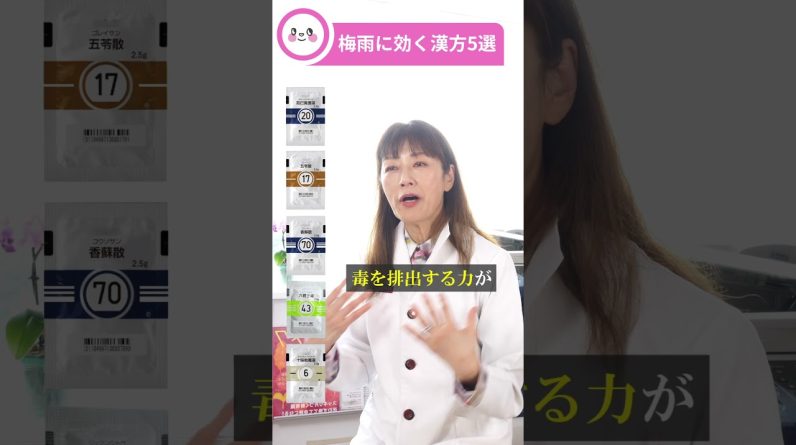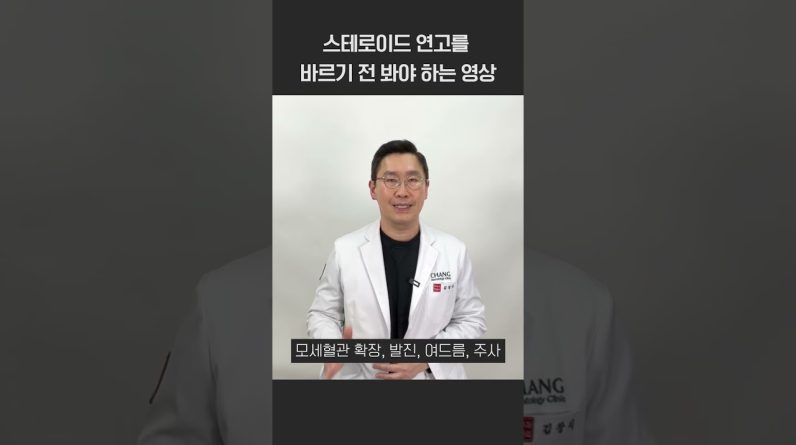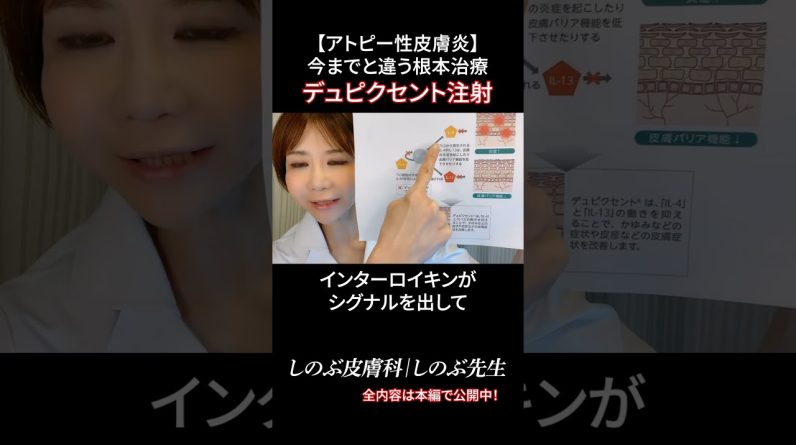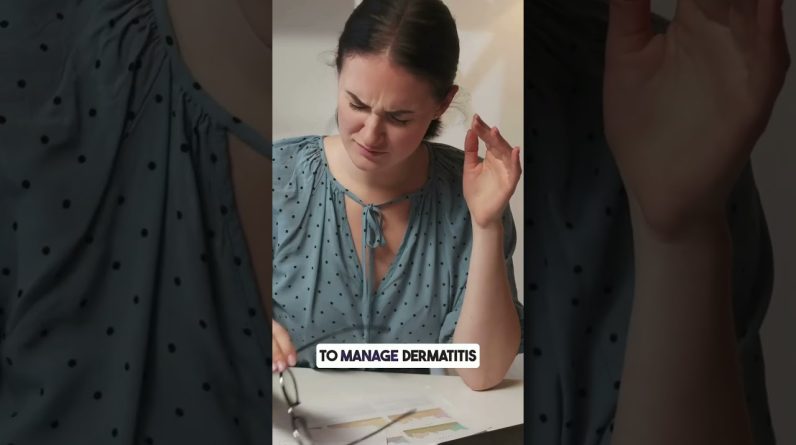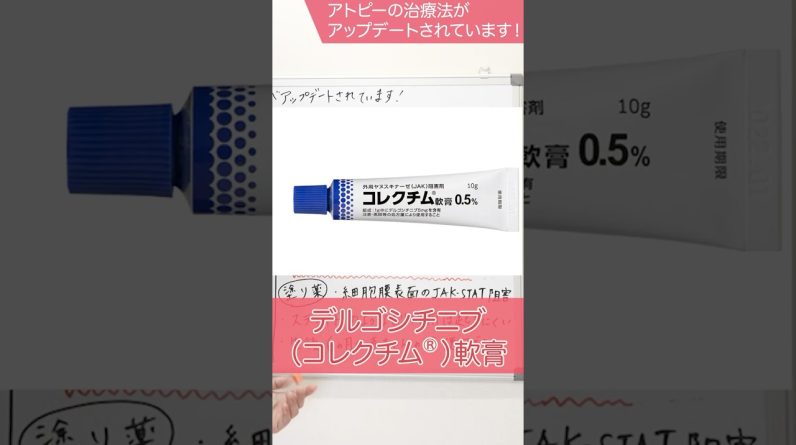Between the ages of 2.5 to 3 up to the age of 6 or 7, children are exposed multiple viral infections and they do fall ill often, especially in the first 6 months after starting school, we find parents making numerous visits to their pediatricians. Majority of these are simple viral infections due to exposure to other children and they are easily taken care of by simple home measures such as paracetamol, warm liquids, some steaming and gargling. They do not require any antibiotics or any other medication. This is how a child develops his immune system by exposure to multiple viruses and this is normal part of growing up. Hence it is OK for parents to wait at home for 48 hours by providing paracetamol for the fever and not panic. This is one way a child’s immune system is boosted. Of course, if there is a specific immune or vitamin deficiency, then accordingly medications will be prescribed.
Cold may mean a number of things, if it’s a persistent running nose, a nose block or an itchy nose, it may be symptoms of what we call an allergic cold or allergic rhinitis, and then consult your pediatrician. If it is an occasional running nose or sniffles, then saline nasal drops or some steaming at home may be sufficient to take care of a minor cold.
Most common allergies that we encounter in clinical practice are the allergies of the skin and the respiratory system. Topic dermatitis or allergic dermatitis is very common in newborns and infants and simple measures to keep this under check would be after you’ve shown your child to a pediatrician and confirmed its topic dermatitis, it would be advisable to just use an emollient or a moisturizer immediately after bath, to use a cleansing lotion instead of harsh soap, to just use cottons and avoid using synthetics and woolens and moisturize repeatedly. IF the allergy is very severe, then some additional medications will be prescribed by your pediatrician or dermatologist to treat these rashes.Apart from skin, we do face a lot of children having respiratory allergies, upper respiratory which is allergic rhinitis and lower respiratory disease which we term asthma or hyper reactive airway disease in children. Again, these will have to be checked by your pediatrician who will advise you if any medications are required.In general, allergies can be prevented by taking care of the environment, particularly at home. Dust should be avoided in bedrooms, exposure to smoke such as cigarette smoke, incense sticks and cooking smoke should be avoided. Strong smells from perfumes, soaps, deodorants, room fresheners, air fresheners should be avoided including care perfumes.
source


